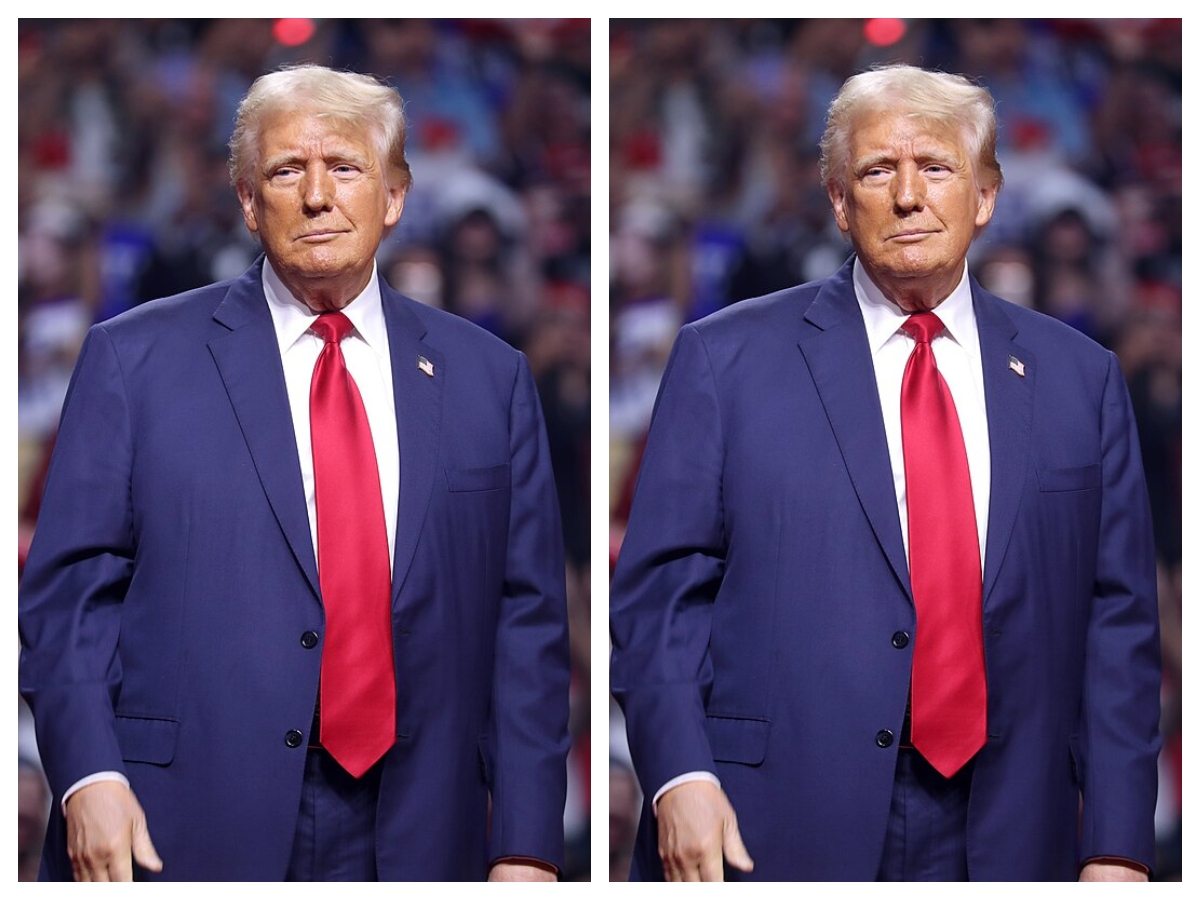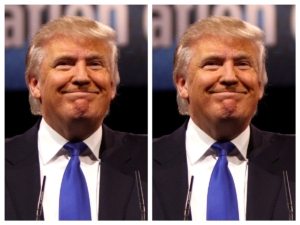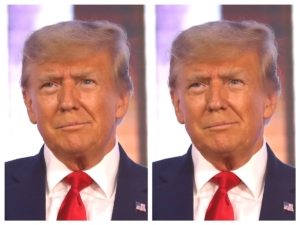The Trump administration has turned to the U.S. Supreme Court in a bid to preserve its sweeping tariff policy, urging the justices to swiftly affirm the president’s authority to levy broad import taxes under federal law.
Late Wednesday, Solicitor General D. John Sauer electronically filed a petition asking the Court to overturn a ruling from the U.S. Court of Appeals for the Federal Circuit, which had determined that many of President Donald Trump’s tariffs were an unlawful stretch of emergency powers. Though the appellate court allowed the tariffs to remain in place temporarily, the administration warned the uncertainty is already undermining trade talks.
“That decision casts a pall of uncertainty upon ongoing foreign negotiations that the President has been pursuing through tariffs over the past five months, jeopardizing both already negotiated framework deals and ongoing negotiations,” Sauer wrote. “The stakes in this case could not be higher.”
READ ALSO: Appeals court rules Trump overstepped authority on sweeping tariffs
The appeal places one of Trump’s signature trade strategies directly before a Supreme Court he reshaped during his presidency, with arguments sought for early November.
Watch a recent episode of The BreakDown podcast below and subscribe to our channel PanaGenius TV for latest episodes.
While the administration insists tariffs are vital for U.S. leverage in global negotiations, critics say the costs have been borne by small businesses struggling to absorb unpredictable price hikes.
“These unlawful tariffs are inflicting serious harm on small businesses and jeopardizing their survival. We hope for a prompt resolution of this case for our clients,” said Jeffrey Schwab, senior counsel at the Liberty Justice Center, which has represented companies challenging the levies.
The plaintiffs have already won twice, first in a specialized trade court, then in a 7–4 decision by the appellate court. Judges in the majority ruled that the 1977 International Emergency Economic Powers Act (IEEPA) does not grant the president authority to sidestep Congress’s constitutional role in setting tariffs. Dissenting judges, however, argued the law permits the president to regulate imports during a declared emergency without specific limits.
At issue are two rounds of tariffs Trump announced under emergency declarations: one in April, and another in February targeting goods from Canada, China, and Mexico. The dispute does not affect separate tariffs on steel, aluminum, autos, or the China-specific duties imposed during Trump’s first term that President Joe Biden later upheld.
The administration has also argued that striking down the tariffs could force the U.S. government to return billions already collected, $159 billion by late August, more than twice the revenue from tariffs at the same point a year earlier. Such a refund, it warned, would deal a significant blow to the Treasury.
Though Congress retains the constitutional power to impose taxes, decades of delegated authority have expanded presidential control, and Trump leaned heavily on that discretion. His aggressive use of tariffs rattled markets, tested alliances, and fueled fears of higher prices, even as he touted them as leverage to secure new trade deals with the European Union, Japan, and others.
READ ALSO: Trump’s tariffs under fire as 12 states file lawsuit










